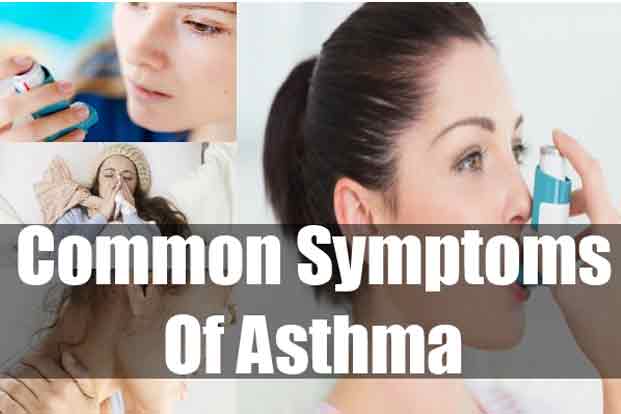Categories
- Bariatric Surgery (11)
- Black Fungus (5)
- Bone Marrow transplant (3)
- Brain Tumor Surgery Navigation Technology (20)
- Cardiac Surgery (66)
- Cardiology (97)
- Computer navigation technology for joint replacements (20)
- Covid Vaccination (17)
- Critical Care (2)
- Dental (19)
- Dermatology (31)
- Dialysis Support Group - “UTSAAH” (11)
- Dietitian (33)
- Emergency Medicine (4)
- Emotional Health (11)
- Endocrinology (33)
- ENT (20)
- Gastroenterology and GI Surgery (53)
- General and Laparoscopic Surgery (21)
- General Surgery (4)
- Gynecology & Obstetrics (183)
- Hematology (20)
- Internal Medicine (294)
- Kidney Transplant (50)
- Kidney Transplantation (20)
- Lung Cancer (8)
- Minimal Invasive Surgery (1)
- Mother & Child (20)
- mucormycosis (5)
- Nephrology (61)
- Neurology (147)
- Neurosurgery (68)
- Nutrition and Dietetics (107)
- Omicron Variant (1)
- Oncology (288)
- Ophthalmology (10)
- Orthopaedics & Joint Replacement (86)
- Paediatrics (59)
- Pediatric Nephrology (3)
- Physiotherapy (5)
- Plastic & Reconstructive Surgery (6)
- Psychiatry and Psychology (90)
- Psychologist (28)
- Pulmonology (72)
- Rheumatology (13)
- Spine Services (21)
- Transradial Angioplasty (16)
- Urology (84)
Query Form
Posted on Apr 19, 2022
Health screenings for men over age 65
65 is considered a crucial age. An age when a person whether male or female is susceptible to cancer, heart ailments, and other health issues. The best is to opt for preventive health checkups so that the abnormalities can be diagnosed at the right time. Early detection and treatment are essential and key.
Health screenings recommended :

- Abdominal Aortic Aneurysm
Between the age of men 65 and 75 who have ever smoked tobacco should get screened for an abdominal aortic aneurysm. Like a computed tomography (CT) scan, ultrasound, or magnetic resonance imaging (MRI) study, can help determine the presence, size, and extent of an aortic aneurysm.
- Blood Cholesterol
All men above the age of 35 or older should get their blood cholesterol checked regularly. Men who use tobacco, overweight, have a relative who had a heart attack before the age of 50. Who has diabetes, high blood pressure, or a history of heart disease should get their cholesterol checked much earlier?
- Blood Pressure
Every man should have their blood pressure checked regularly, and patients with other cardiovascular risk factors should check their blood pressure more frequently.
- Colon Cancer
All men should get screened for colorectal colon or rectal cancer by age 50. People with a family history of colorectal cancer should get a colonoscopy even sooner.
- Depression
Don’t avoid your mental health. Approx six million men suffer from depression each year, and many of these men are under-diagnosed and under-treated.
- Diabetes
High blood pressure or take medication to control their high blood pressure should get screened for diabetes (high blood sugar).
- Hepatitis C Virus
Hepatitis C is the number one cause of liver cancer in the U.S.
- HIV
Above 65 years every man should get screened for HIV. Men over 65 should talk to their doctor about getting screened.
- Obesity
Using a BMI calculator to determine your body mass index (BMI) is usually a reliable, but not conclusive, an indicator of whether you’re at a healthy weight.
- Prostate Cancer
Suggested regarding prostate cancer screening, particularly PSA screening, vary widely among health care professionals. Patients who opt for screening typically undergo the following two tests:
- Digital rectal examination (DRE) – The physician inserts a finger into the rectum to feel whether the prostate gland is enlarged or has any lumps.
- Prostate-specific antigen (PSA) test – The PSA test measures the blood level of a certain protein that is produced by the prostate gland.



